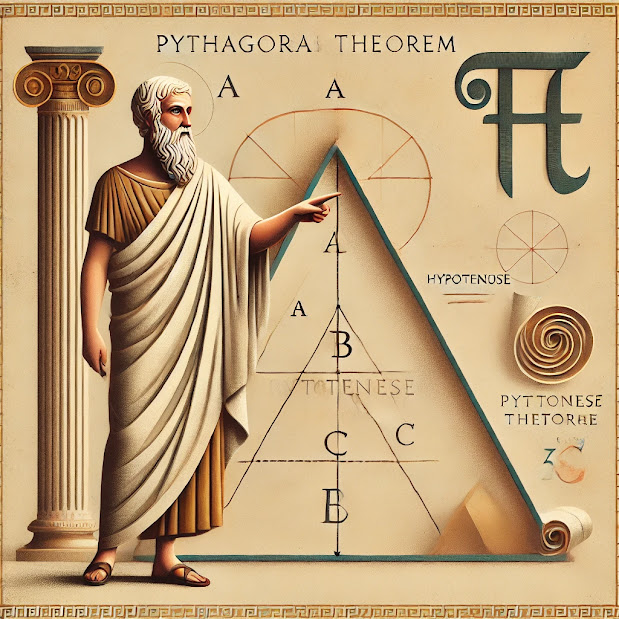Al-Khwarizmi: The Architect of Mathematics and Pioneer of Science
Al-Khwarizmi: The Architect of Mathematics and Pioneer of Science
Throughout history, many scientists have revolutionized mathematics, science, and technology. However, some figures have had such a profound impact that their work has shaped not only their own era but also centuries to come. One such figure is the great scholar Al-Khwarizmi, who laid the foundation of modern mathematics.
Who Was Al-Khwarizmi?
Muhammad ibn Musa al-Khwarizmi, a renowned scholar of the 9th century during the Abbasid era, conducted his studies at the House of Wisdom (Bayt al-Hikma) in Baghdad. Believed to have been born in the Khwarazm region (modern-day Uzbekistan), Al-Khwarizmi made significant contributions to mathematics, astronomy, geography, and algorithms. The word “algorithm” itself is derived from his name, a testament to his enduring influence on the scientific world.
Al-Khwarizmi’s Contributions to Mathematics
One of Al-Khwarizmi’s greatest contributions was establishing the foundations of algebra. His book Kitab al-Mukhtasar fi Hisab al-Jabr wal-Muqabala (The Compendious Book on Calculation by Completion and Balancing) was one of the first works to treat algebra as an independent field of mathematics. This groundbreaking text introduced systematic methods for solving equations, revolutionizing mathematical thought. Today, the fundamental principles of algebra are built upon the foundations laid by his work.
Additionally, Al-Khwarizmi played a crucial role in popularizing the decimal numeral system and the concept of zero. His introduction of the Hindu-Arabic numeral system to Europe significantly influenced the development of modern mathematics. The advanced numerical methods used in calculators, computers, and digital systems today owe much to his contributions.
The Father of Algorithms
The concept of the “algorithm,” widely used in computer science today, is directly linked to Al-Khwarizmi’s name. Algorithms are systematic procedures used to solve specific problems, forming the basis of modern programming languages and computational logic. His methods for numerical computation laid the groundwork for many of the systems that drive today’s digital world.
Contributions to Astronomy and Geography
Al-Khwarizmi’s impact extended beyond mathematics into astronomy and geography. He compiled astronomical tables, studied the movements of celestial bodies, and analyzed solar and lunar eclipses. In geography, his works contributed significantly to cartography, improving the accuracy of world maps and enhancing humanity’s understanding of the Earth.
Al-Khwarizmi’s Place in Scientific History
Al-Khwarizmi’s influence was not limited to the Islamic world; his works, translated into Latin during the Middle Ages, had a profound impact on European science. His mathematical innovations helped lay the groundwork for the Renaissance and the evolution of modern scientific thought. Even today, his discoveries continue to shape various fields of study.
Conclusion
Al-Khwarizmi was not just a mathematician—he was a pioneer of science and a cornerstone of innovation. Without his contributions, the progress of modern mathematics, computer science, and engineering would have taken a very different course. His legacy, guided by logic and scientific reasoning, continues to inspire scholars and researchers around the world.
Mathematics is a universal language, and Al-Khwarizmi was one of its greatest architects. Remembering his work and contributions helps us build a stronger future, ensuring that his influence endures for generations to come.








.png)


Comments
Post a Comment